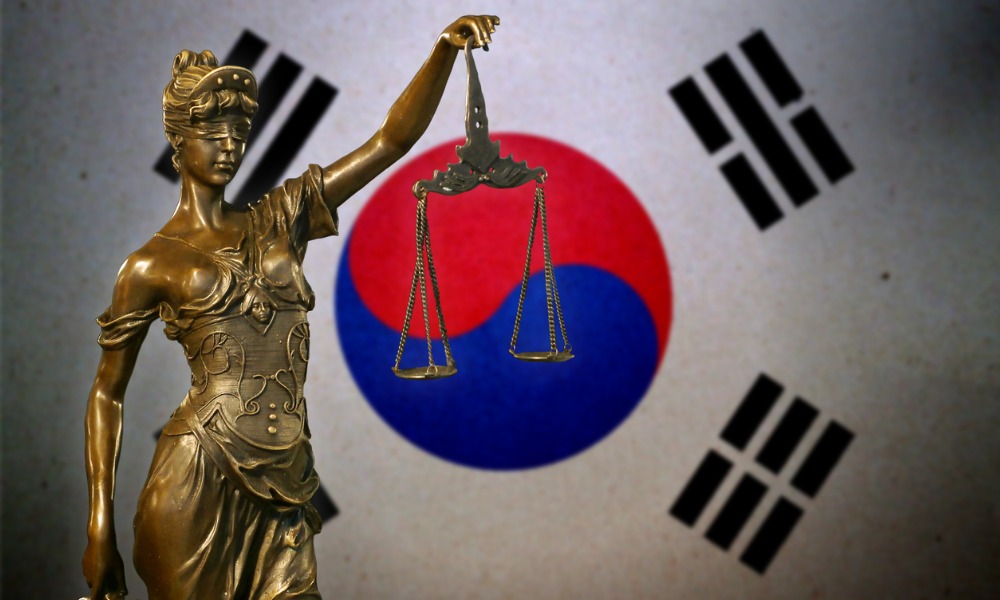Ontario ruling emphasizes importance of complying with court-ordered post-separation obligations

While parties in divorce or separation cases tend to focus on common major issues such as spousal support, child support, child custody and property division, insurance benefits may also be a significant issue.
In Devine v. Devine, 2021 ONSC 40, the parties married in May 1993, separated in February 2005 and divorced in February 2018. In 2007, the respondent removed the applicant as a beneficiary in his insurance benefits plan, but later reinstated her pursuant to an April 2008 separation agreement that provided he should maintain her as a beneficiary under the insurance benefits plan.
In April 2012, the respondent removed the applicant as a beneficiary again and named his common law spouse in her place. The applicant agreed to this change because she was then employed and receiving insurance benefits through her employer.
The applicant subsequently lost her job and benefits plan, and asked the respondent to reinstate her as a beneficiary. The respondent refused, contending that the applicant did not fall within the definition of an eligible dependent and was therefore not entitled to insurance coverage, according to the advice of Sun Life, his insurance benefits provider.
A September 2015 court order ordered the respondent to reinstate the applicant on the insurance benefits plan or to provide independent proof that the applicant was no longer qualified as an eligible dependent. The court gave the respondent an additional 60 days to accomplish this, and in case of noncompliance with the deadline of Nov. 3, 2015, ordered the respondent to pay the applicant $8,000.
In the present case, the applicant’s motion sought the enforcement of the September 2015 court, and the Ontario Superior Court of Justice ordered the respondent to pay the applicant $8,000 plus post-judgment interest.
The Superior Court found that the respondent had failed to reinstate the applicant as a beneficiary under his insurance benefits plan or to give her independent confirmation of her ineligibility for reinstatement by the November 2015 deadline. The respondent did not give any legal basis or justification that would relieve him from his obligations, the court said.
On the issue of whether he had complied with the relevant paragraph of the September 2015 court order, the respondent submitted that he had forwarded a copy of the Sun Life representative’s email, containing the independent confirmation of the applicant’s ineligibility for reinstatement, to his former counsel by the November 2015 deadline.
The Superior Court, however, determined that the pertinent question was whether this independent confirmation was conveyed to the applicant or to the applicant’s former counsel by the November 2015 deadline. The court found that this was not accomplished within the deadline. The failure on the part of the respondent’s counsel to promptly send this independent confirmation to the applicant or her counsel was a matter between the respondent and his counsel, the court said.
The Superior Court then found there were no grounds that would relieve the respondent of the obligation to pay $8,000 plus interest because the present proceeding was limited to the issue of the enforcement of the September 2015 court order that had set a final and binding deadline, with which the respondent did not comply and from which the respondent did not appeal.
A bulletin by NULaw said the decision “shows how important it is to follow the court’s direction on how to go about maintaining benefits for a spouse post-separation.”










